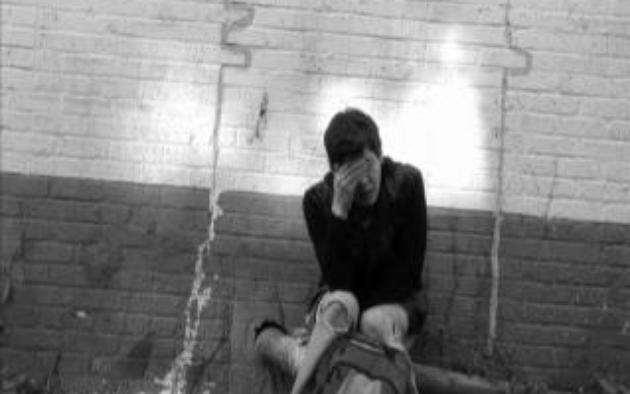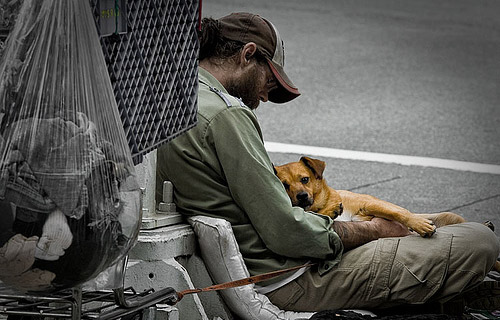
On Monday, I published a plea from parents whose son doesn’t think he is sick or needs help. Today, Dr. Dinah Miller, a Baltimore psychiatrist, author and popular mental health blogger, offers her advice to the same concerned parents.
Dear Pete,
We have tried to get our son professional help. I think he has bipolar disorder, although he possibly could have schizophrenia. We know he has an alcohol addiction. He has not cooperated with hardly anything, and we’ve been unable to get him to go to our local mental health center, although officials there said he is eligible for treatment.






